No products in the cart.
We deliver to:
🇦🇺 Australia
🇨🇦 Canada
🇨🇿 Czechia
🇩🇰 Denmark🇪🇪 Estonia
🇮🇪 Ireland
🇮🇱 Israel
🇮🇹 Italy
🇯🇵 Japan
🇲🇽 Mexico
🇵🇱 Poland
🇰🇷 South Korea
🇨🇭 Switzerland
🇬🇧 United Kingdom
🇺🇸 United States of Americaand more
We deliver to:
🇦🇺 Australia
🇨🇦 Canada
🇨🇿 Czechia
🇩🇰 Denmark🇪🇪 Estonia
🇮🇪 Ireland
🇮🇱 Israel
🇮🇹 Italy
🇯🇵 Japan
🇲🇽 Mexico
🇵🇱 Poland
🇰🇷 South Korea
🇨🇭 Switzerland
🇬🇧 United Kingdom
🇺🇸 United States of Americaand more
[category_image]
Trinefron Zdorovya capsules 60 pcs.
$20.69
Trinefron capsules are indicated for the complex treatment of inflammatory diseases of the urinary tract and the prevention of urinary stone formation, including after their removal.
Categories: Genitourinary system
Brand: Zdorovye
Trinefron capsules are indicated for the complex treatment of inflammatory diseases of the urinary tract and the prevention of urinary stone formation, including after their removal.
Composition
Active ingredients: 1 capsule contains crushed medicinal plant raw materials:
- Centaury (Centaurii herba) – 18 mg;
- rosemary leaves (Rosmarini folium) – 18 mg;
- lovage root (Levistici radix) – 18 mg;
Excipients: lactose; povidone, corn starch, colloidal silicon dioxide, magnesium stearate, capsule shell containing sunset yellow FCF (E 110), titanium dioxide (E 171), gelatin, black ink (in case of applying the company’s trademark – ZT; contains shellac Glaze 45% solution in ethanol, black iron oxide (E172), propylene glycol, concentrated ammonia solution).
Contraindication
Hypersensitivity to the components of the drug or to other plants of the Apiaceae family, such as anise, fennel, and to anethole (i.e. a component of essential oils containing, for example, anise and fennel).
Peptic ulcer disease in the acute stage.
Edema due to heart failure or renal impairment and/or reduced fluid intake has been recommended.
Method of application
Unless otherwise prescribed by a doctor, the drug should be taken by adults and children over 12 years of age – 2 capsules 3 times a day (total daily dose – 6 capsules). The capsules should be swallowed without chewing, with a sufficient amount of liquid (for example, a glass of water). At the same time as taking the drug, it is necessary to ensure the consumption of a sufficient amount of liquid.
The duration of treatment is determined by the doctor individually. If the drug is well tolerated, it can be prescribed for a long period.
Application features
Pregnant women
The use of the drug should be avoided during pregnancy.
Children
The drug should not be used in children under 12 years of age.
Drivers
The drug in recommended doses does not affect the ability to drive and operate other mechanisms, but it should be borne in mind that the drug contains ethanol.
Overdose
Cases of drug poisoning due to overdose are unknown. Therapy is symptomatic.
Side effects
Gastrointestinal disturbances (nausea, vomiting, diarrhea) are common. Allergic reactions may occur with hypersensitivity to the components of the drug, including rash, urticaria, itching, and skin hyperemia.
Interaction
If it is necessary to use any other medicines at the same time, you should consult a doctor.
Storage conditions
Store in the original packaging at a temperature not exceeding 25 °C.
Keep out of reach of children.
Shelf life – 3 years.
1 review for Trinefron Zdorovya capsules 60 pcs.
Add a review Cancel reply
You may also like



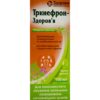
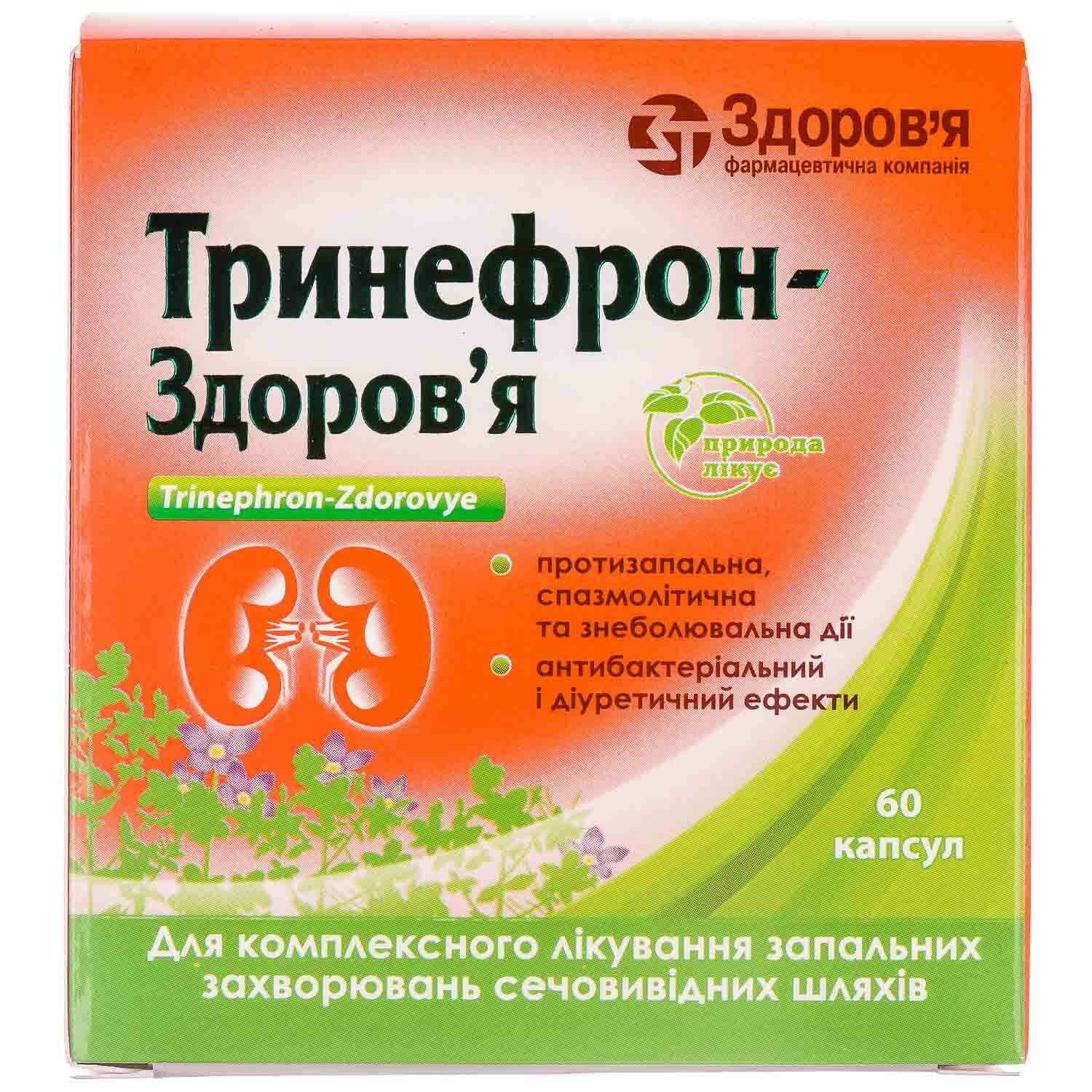
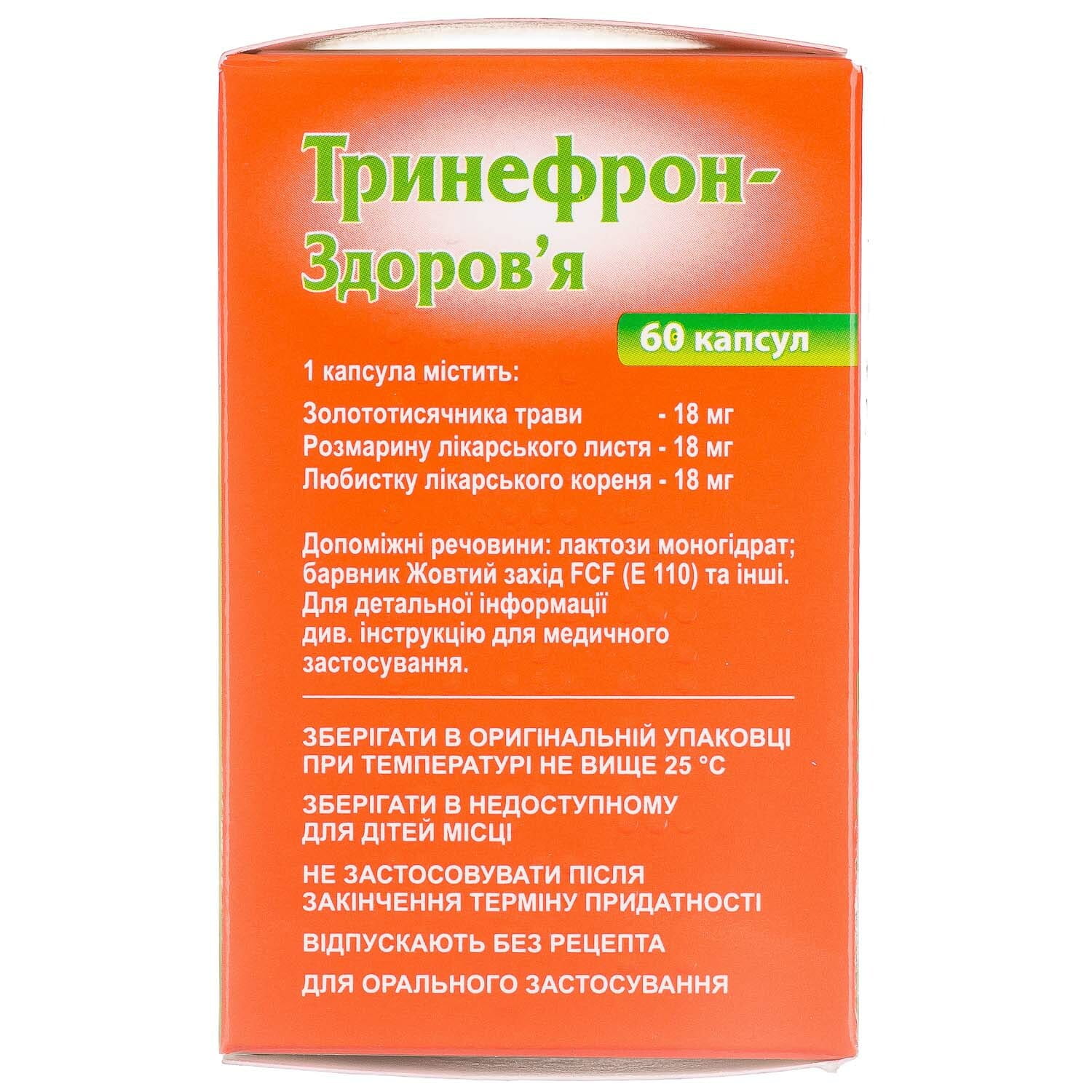

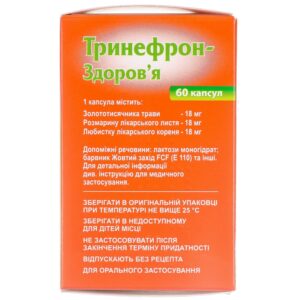
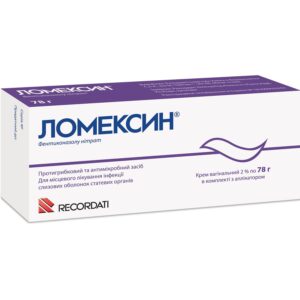
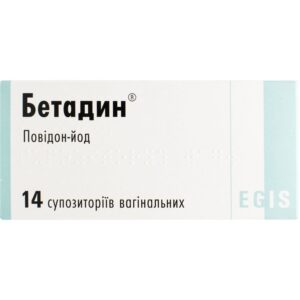
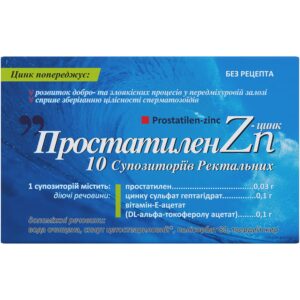
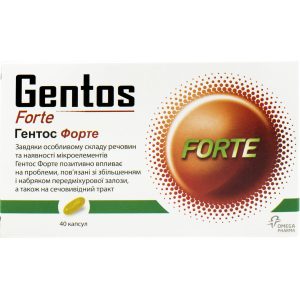
Helen –
Trinefron is an excellent remedy for urinary tract inflammation. The fact that it has a natural and completely safe composition is appealing. Improvement was noticeable very soon after taking it.
Advantages
Natural composition, mild diuretic.
Disadvantages
None.